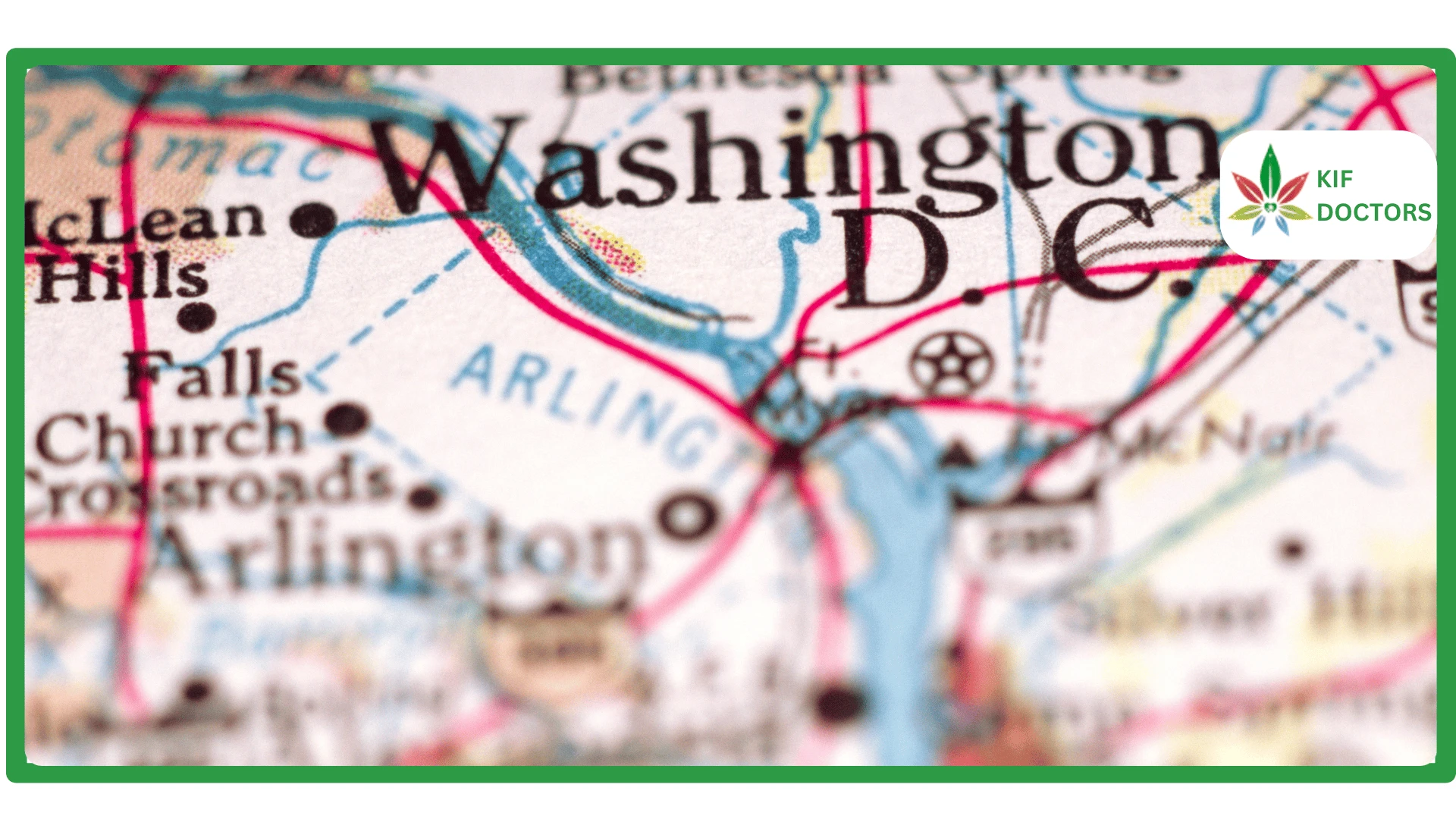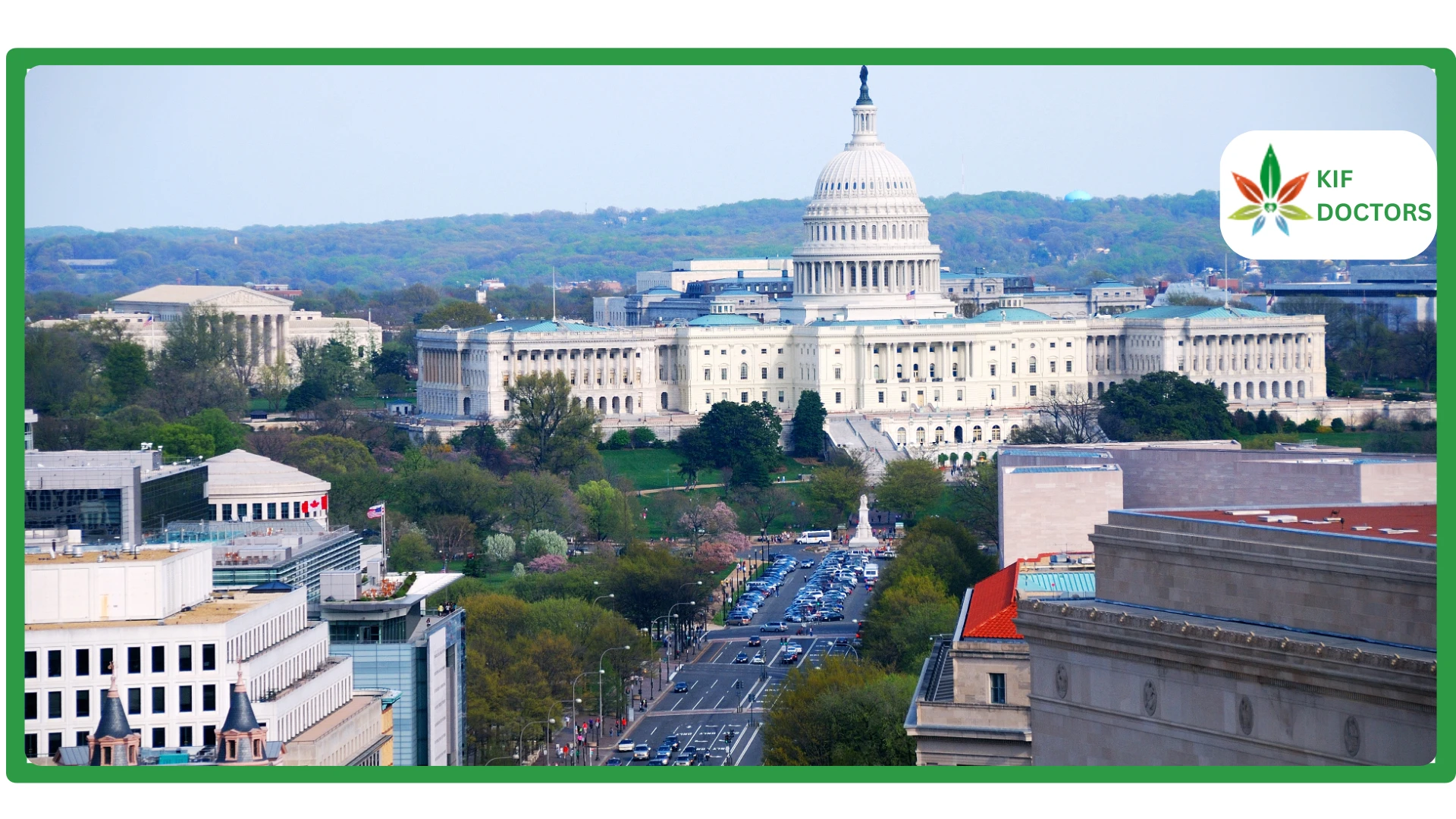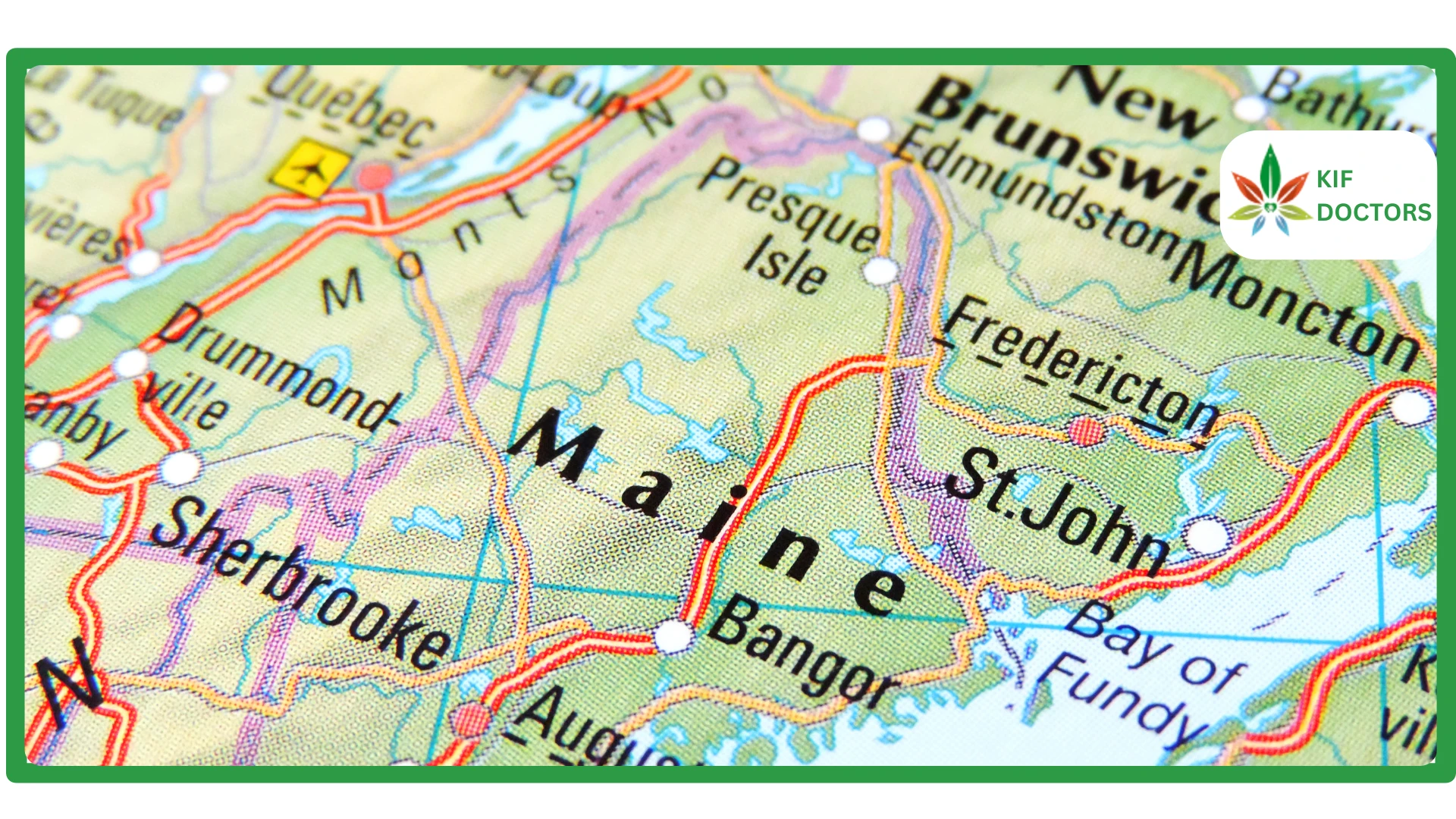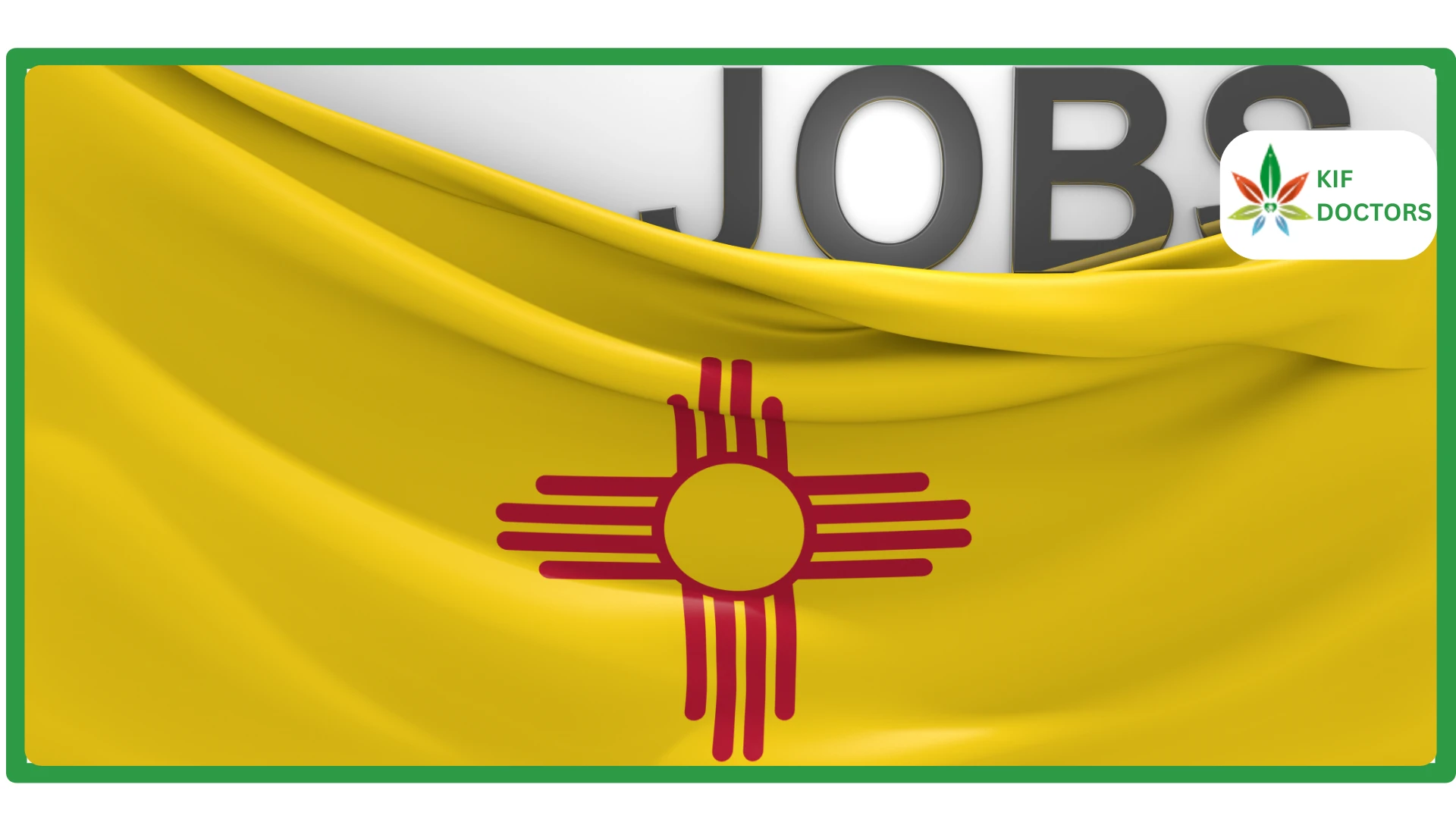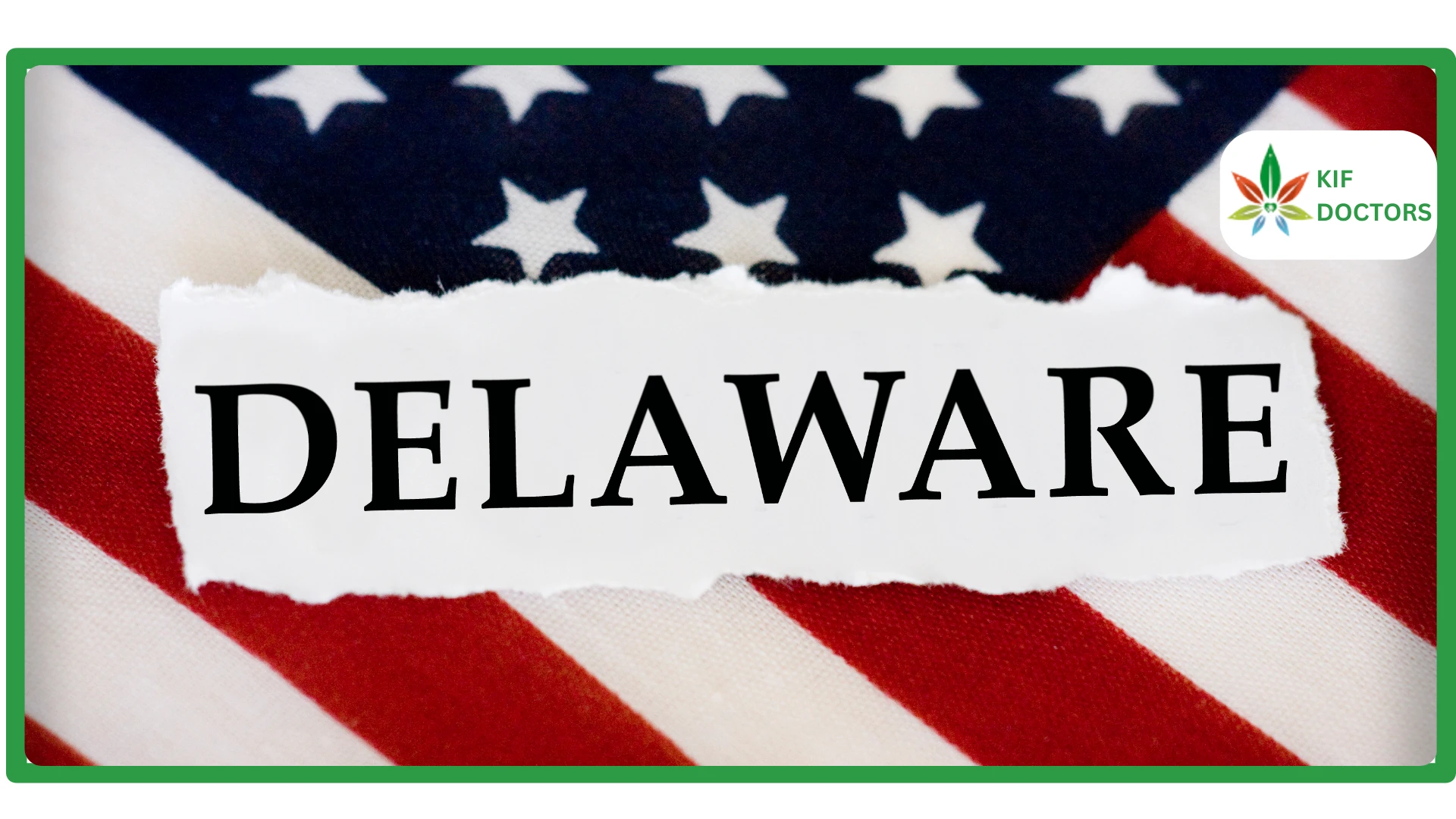West Virginia’s medical marijuana program, established under the West Virginia Medical Cannabis Act in 2017, has provided a legal pathway for residents with serious medical conditions to access cannabis for therapeutic purposes. Overseen by the West Virginia Office of Medical Cannabis (OMC), the program has grown steadily since its first legal sales in November 2021. As of 2025, thousands of patients have enrolled, and dispensaries across the state offer a variety of cannabis products. This guide offers a comprehensive overview of how to obtain a medical marijuana card in West Virginia, the state’s qualifying conditions, legal regulations, and practical tips for navigating the system. Whether you’re a patient seeking relief or a caregiver assisting a loved one, here’s everything you need to know about medical marijuana in West Virginia.
The Roots of West Virginia’s Medical Cannabis Program
Senate Bill 386, signed into law by Governor Jim Justice in April 2017, marked a significant milestone for West Virginia’s healthcare landscape. The West Virginia Medical Cannabis Act legalized medical cannabis for residents with serious medical conditions, establishing a regulated framework for cultivation, processing, and distribution. The OMC, part of the West Virginia Department of Health, manages patient registrations, physician certifications, and dispensary oversight, ensuring compliance with state laws.
The program faced delays in its early years, with the first dispensaries opening four years after legalization due to regulatory and banking challenges. By 2025, however, the program has gained momentum, with over 50 licensed dispensaries operating in cities like Charleston, Morgantown, and Huntington. The state’s commitment to patient safety is evident in its strict product testing requirements and a 10% privilege tax on dispensary sales, which funds the program and public health initiatives. For patients, the program offers a lifeline for managing symptoms of conditions like chronic pain, cancer, and PTSD, but it comes with specific rules and limitations.
How to Get a Medical Marijuana Card in West Virginia
Obtaining a medical marijuana card in West Virginia is a structured process designed to ensure only eligible patients gain access. The application involves medical evaluation, state registration, and payment of fees. Below is a step-by-step guide to help you navigate the process:
- Confirm Eligibility: You must be a West Virginia resident with proof of residency, such as a driver’s license, state ID, utility bill, or voter registration card. Patients must be at least 18 years old, though minors with qualifying conditions can apply with a caregiver (a parent or legal guardian).
- Schedule a Physician Evaluation: Consult a registered physician who has completed a four-hour medical cannabis training course mandated by the state. Physicians can be MDs or DOs and must have a bona fide patient-practitioner relationship. The evaluation can be in-person or via telemedicine, and you should provide medical records documenting a qualifying condition to streamline the process.
- Obtain a Patient Certification: If the physician determines that medical cannabis is appropriate for your condition, they will issue a Patient Certification Form and submit it to the OMC. This certification confirms you have a qualifying condition and recommends cannabis as a treatment option.
- Register with the State: Create an account on the West Virginia Medical Cannabis Portal (Complia) and complete the online application. You’ll need to upload the Patient Certification Form, a passport-style photo, proof of residency, a government-issued ID, and a $50 application fee (waivable for financial hardship if income is below 200% of the federal poverty level). Mail a check or money order to the OMC, including your name and application reference number.
- Receive Your Card: The OMC reviews applications within 30-60 days. If approved, you’ll receive an electronic medical marijuana card via email, which you can print or store digitally. The card is valid for one year and must be renewed annually with a new physician evaluation and application.
I always recommend going for a Medical Marijuana Card Online Instantly. Kif Doctors simplifies the process, allowing you to apply and get approved for a medical marijuana card online in minutes. Their platform is user-friendly, making it easy to access the relief you need quickly.
Qualifying Conditions for Medical Marijuana
West Virginia’s medical cannabis program is limited to patients with specific “serious medical conditions” defined by the state. The OMC maintains a list of 15 qualifying conditions, and residents can petition the Medical Cannabis Advisory Board to add new ones. As of 2025, the following conditions qualify for medical marijuana use:
- Amyotrophic lateral sclerosis (ALS)
- Cancer
- Crohn’s disease
- Damage to the nervous tissue of the spinal cord with objective neurological indication of intractable spasticity
- Epilepsy
- HIV/AIDS
- Huntington’s disease
- Intractable seizures
- Multiple sclerosis
- Neuropathies
- Parkinson’s disease
- Post-traumatic stress disorder (PTSD)
- Severe chronic or intractable pain, including neuropathic pain
- Sickle cell anemia
- Terminal illness with a life expectancy of one year or less if the illness runs its normal course
Physicians cannot recommend cannabis for conditions outside this list, even if they believe it would be beneficial. For example, a patient with anxiety or fibromyalgia would not qualify unless they also have a listed condition like chronic pain or PTSD. The petition process allows residents to propose new conditions, which are reviewed by the Medical Cannabis Advisory Board and approved or denied by the Department of Health.
[](https://westvirginiastatecannabis.org/medical-conditions)
Legal Forms and Limits of Medical Marijuana
West Virginia strictly regulates the forms and quantities of medical marijuana patients can purchase and possess. The state allows a 30-day supply, defined as up to 4 ounces of dried cannabis or equivalent amounts in other forms. Patients can purchase cannabis in the following formats:
- Pills
- Oils
- Topical forms (gels, creams, ointments)
- Tinctures
- Liquids
- Dermal patches
- Dry leaf or plant form for vaporization or nebulization
Notably, smoking cannabis and consuming edibles are prohibited under state law, though patients can mix cannabis products into food or drinks for personal use. Vaporization is allowed, but only in forms deemed medically appropriate. All products must be purchased from state-licensed dispensaries, which use the Metrc system to track inventory and ensure compliance. Labels must include the grower/processor name, dispensary name, product form, and THC/CBD percentages.
[](https://www.wvnews.com/news/how-to-get-a-medical-marijuana-card-in-west-virginia/article_eb09ade8-38f2-11ed-9b98-d7e56f5355c0.html)
Possession limits are enforced, and exceeding a 30-day supply can result in penalties, including up to six months in jail and fines. Patients must carry their medical marijuana card at all times when in possession of cannabis to verify their legal status to law enforcement.
Navigating Dispensaries and Patient Protections
West Virginia’s dispensaries are professional, regulated facilities staffed by trained “budtenders” who assist patients in selecting products tailored to their needs. Patients must present their medical marijuana card and a valid ID to enter and make purchases. Dispensaries verify cardholder status through the OMC’s electronic database, ensuring compliance with state regulations.
Patients with valid cards enjoy legal protections under the Medical Cannabis Act. Employers cannot fire or refuse to hire cardholders for using medical cannabis outside work hours, though workplace consumption is not permitted. Landlords cannot deny housing based solely on cardholder status. However, federal law creates complications—cannabis use may impact federal employment, housing, or gun ownership due to its Schedule I status. Patients should consult legal professionals for guidance in these areas.
Restrictions and Responsibilities for Patients
West Virginia imposes strict rules to ensure medical marijuana is used safely and responsibly. Key restrictions include:
- No Public Consumption: Using cannabis in public spaces, including parks or sidewalks, is a misdemeanor punishable by up to six months in jail and a $1,000 fine.
- No Driving Under the Influence: Driving with more than three nanograms of THC per milliliter of blood serum is illegal, with penalties similar to alcohol-related DUI charges.
- No Home Cultivation: Growing cannabis plants, even for medical use, is prohibited. A pending bill, House Bill 2550, would allow patients and caregivers to grow up to ten plants (five mature), but it has not yet passed.
- No Reciprocity: West Virginia does not recognize medical marijuana cards from other states, so out-of-state cardholders cannot purchase cannabis locally.
Patients must consume cannabis in private residences to avoid legal issues. Sharing or selling medical cannabis to non-cardholders is illegal and can result in felony charges, with penalties including one to five years in prison. Caregivers, who assist patients (especially minors or those with disabilities), must also register with the OMC, undergo a background check, and pay a $50 fee. A caregiver can serve up to five patients, and patients can designate up to two caregivers.
Costs and Accessibility Considerations
Accessing medical marijuana in West Virginia involves several costs, which can be a barrier for some patients. These include:
- Physician Evaluation: Costs range from $99 to $200, depending on the provider and whether the visit is in-person or via telemedicine.
- Application Fee: The state charges $50 annually, waivable for low-income patients with proof of income (e.g., W-2, pay stubs).
- Cannabis Products: Prices vary by dispensary and product type, with flower costing $30-$60 per eighth of an ounce and concentrates or tinctures ranging from $20-$80 per unit. Patients typically spend $100-$300 monthly, depending on their dosage.
Health insurance does not cover medical marijuana due to its federal illegality, so patients must pay out of pocket. However, the state’s financial hardship waiver and lack of additional sales or excise taxes (beyond the 10% privilege tax paid by dispensaries) help offset costs. Patients in rural areas may face challenges accessing dispensaries, as most are concentrated in urban centers, but the program’s expansion is improving availability.
The Economic and Social Impact of Medical Marijuana
West Virginia’s medical cannabis program has generated significant economic benefits. By 2024, dispensary sales reached millions, with the 10% privilege tax funding the OMC, drug treatment programs, and local government projects. The industry supports jobs in cultivation, processing, testing, and retail, revitalizing communities hit hard by the decline of coal and manufacturing. Dispensaries like Trulieve and Greenlight have become fixtures in towns, creating stable employment opportunities.
Socially, the program has shifted perceptions of cannabis in a state with conservative roots. Conditions like chronic pain and PTSD, which affect veterans and workers in high-risk industries, are among the most common reasons for cardholder enrollment. The inclusion of these conditions has destigmatized medical cannabis, framing it as a legitimate treatment rather than a recreational drug. However, the ban on edibles and smoking, along with strict possession limits, has drawn criticism from patients who feel the program is overly restrictive compared to states like Pennsylvania or Ohio.
Looking Ahead: Potential Changes in 2025
West Virginia’s medical cannabis program is still evolving, with several legislative proposals under consideration in 2025. House Bill 2550, which would allow home cultivation, could reduce costs for patients but faces opposition due to enforcement concerns. House Joint Resolution 3, aimed at legalizing recreational cannabis, reflects growing public interest, with posts on X indicating support among younger voters, though such sentiments are inconclusive without legislative action. A 2024 attempt to legalize edibles (House Bill 4005) failed, but advocates may reintroduce similar measures.
The OMC is also working to streamline the application process, with potential updates to the online portal to reduce approval times. For patients, staying informed about dispensary openings, product availability, and legal changes is crucial for making the most of the program.
Frequently Asked Questions
Can non-residents get a medical marijuana card in West Virginia?
No, you must be a West Virginia resident with proof of residency to apply. The state does not offer reciprocity for out-of-state cardholders.
Can minors qualify for a medical marijuana card?
Yes, patients under 18 can qualify if diagnosed with a qualifying condition. A parent or legal guardian must apply on their behalf and serve as a caregiver.
Is telemedicine allowed for physician evaluations?
Yes, both initial evaluations and renewals can be conducted via telemedicine, making it easier for patients in rural areas to access certifications.
What happens if I’m caught with cannabis without a card?
Possessing cannabis without a medical card is illegal. Penalties range from 90 days to six months in jail and fines up to $1,000, depending on the amount.
Can I use my medical marijuana card in other states?
It depends on the other state’s reciprocity laws. West Virginia cards are not universally recognized, so check the destination state’s regulations before traveling.
Conclusion
West Virginia’s medical marijuana program offers a vital resource for patients with serious medical conditions, providing legal access to cannabis through a regulated system. By following the steps to obtain a medical marijuana card, patients can explore a range of products to manage symptoms and improve their quality of life. While the program has limitations, such as the ban on edibles and home cultivation, its growth and economic impact signal a promising future. For those considering medical cannabis, understanding the laws, costs, and protections is the first step toward safe, informed access in the Mountain State.
 Since 2021, Kif offers a streamlined platform to get a medical marijuana card online. We have served more than 45K patients across the United States. Sign Up Now to get the right to use medical cannabis for your health condition without any delay.
Since 2021, Kif offers a streamlined platform to get a medical marijuana card online. We have served more than 45K patients across the United States. Sign Up Now to get the right to use medical cannabis for your health condition without any delay.


















